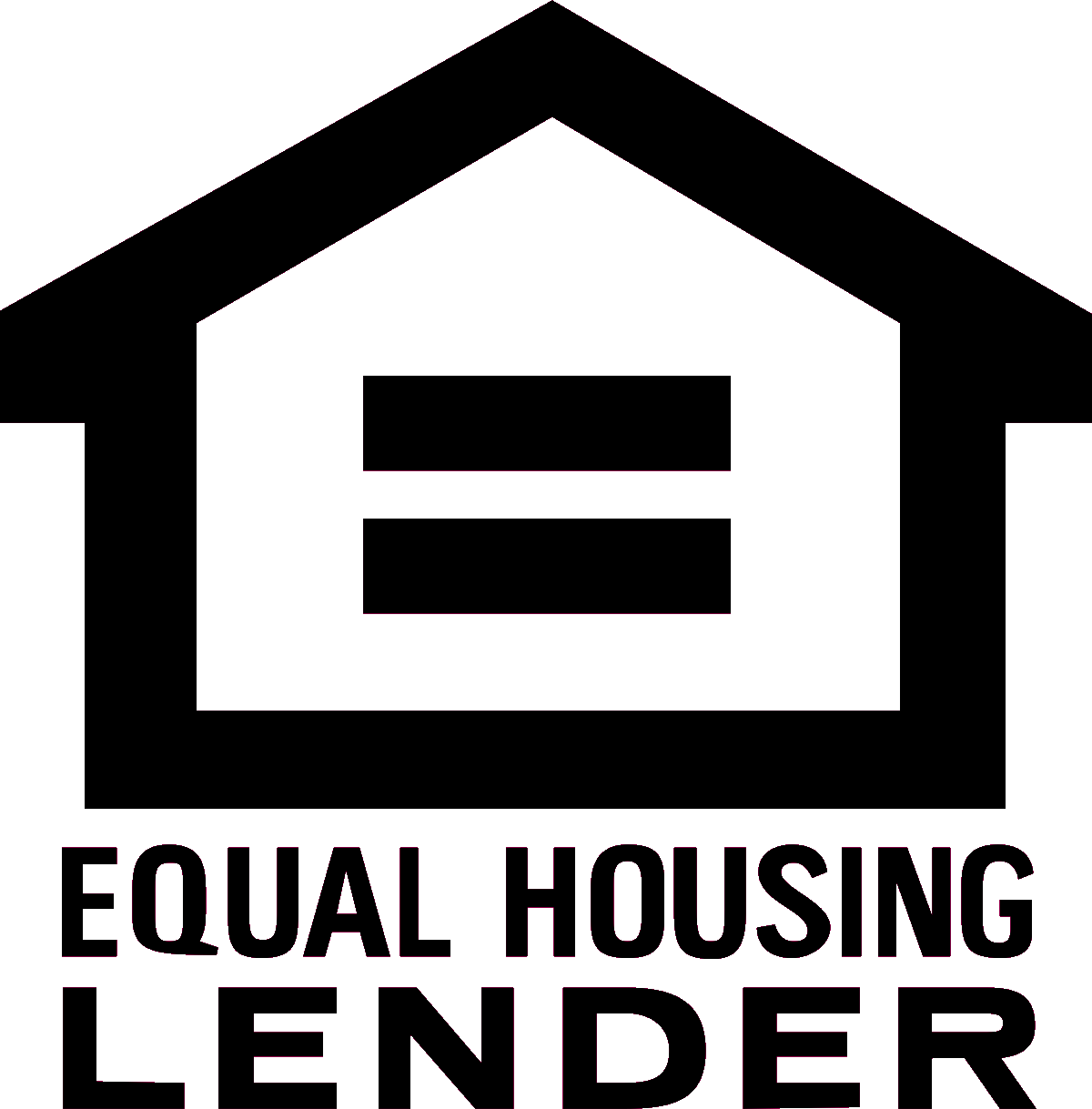Can I Qualify for a mortgage with poor credit?
Is my credit good enough to qualify?
 Return to Can I Qualify? library
Return to Can I Qualify? library
Most of us don't have perfect credit, and fortunately it doesn't take perfect credit to qualify for a mortgage. Whether your credit score is high enough depends on the mortgage program you want to use. Conventional loan programs require a minimum score of 620. The FHA program allows a 500 score, and the VA program has no minimum score; however, few lenders will accept a score below 600 because they worry about the risk of default.
Even if your score is okay, it's important to recognize that certain negative items may disqualify you for some loan programs. After a Chapter 7 bankruptcy, you typically are ineligible for an FHA or VA for two years, for a USDA loan for three years, and for a conventional loan for four years. For a Chapter 13 bankruptcy two years must elapse from the discharge or dismissal date to qualify for a conventional loan. A foreclosure or deed-in-lieu of foreclosure generally will sideline you for two to three years for government loans and four to seven years for conventional loans.
Lenders are allowed to shorten these wait periods in case of extenuating circumstances, such as a serious illness or death of a wage earner. Divorce is not considered an extenuating circumstance; however, an exception may be granted in the case of an ex-spouse defaulting on a property received through the divorce settlement.
Lenders have no leeway on judgment and tax liens, which will disqualify you for both conventional and government loans. You must satisfy these debts prior to closing or have established a payment plan.
These are extreme financial events. A more common negative item is a collection, and here the news is better. You generally can qualify for a conventional or VA loan with outstanding collections. For an FHA or USDA loan, if the sum of the outstanding non-medical collection accounts on your credit report is $2000 or greater, you either must pay the collections, establish a payment plan, or we must use 5% of the sum as a debt when qualifying you. If you have a significant collection balance, the 5% rule can hurt your chances to qualify, but remember that we don't include medical collections.
Please keep in mind that for government loans, if you're married and don't include your spouse on the loan, we still have to consider your spouse's debts, including judgments and collections. Thus, a judgment against your spouse must be satisfied, and we'd have to include your spouse's collections when applying the 5% rule for an FHA or USDA loan.
Another common negative item is a late payment. A single late payment probably won't keep you from qualifying for a mortgage. However, if your credit report shows numerous recent late payments, you will find qualifying difficult. You generally will not be eligible for a conventional loan if a mortgage payment has been 60 days or more late within the past year. Government loan guidelines are a little more forgiving. However, multiple late payments on any mortgage account in the last year or a single payment that was late by 90 days or more may disqualify you.
I've fielded many a call from consumers concerned that they've done irreparable harm to their credit scores because they made their credit card payment a couple days late. While it's true a payment is late when not received by the due date, creditors typically don't report a payment as late unless it's not received by the next due date. Thus, while forgetting to pay the credit card bill for a week will cost you a late fee, it probably won't ding your credit score.








